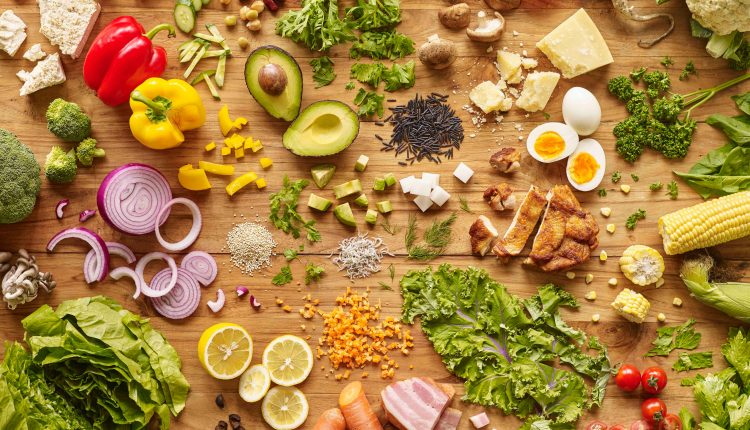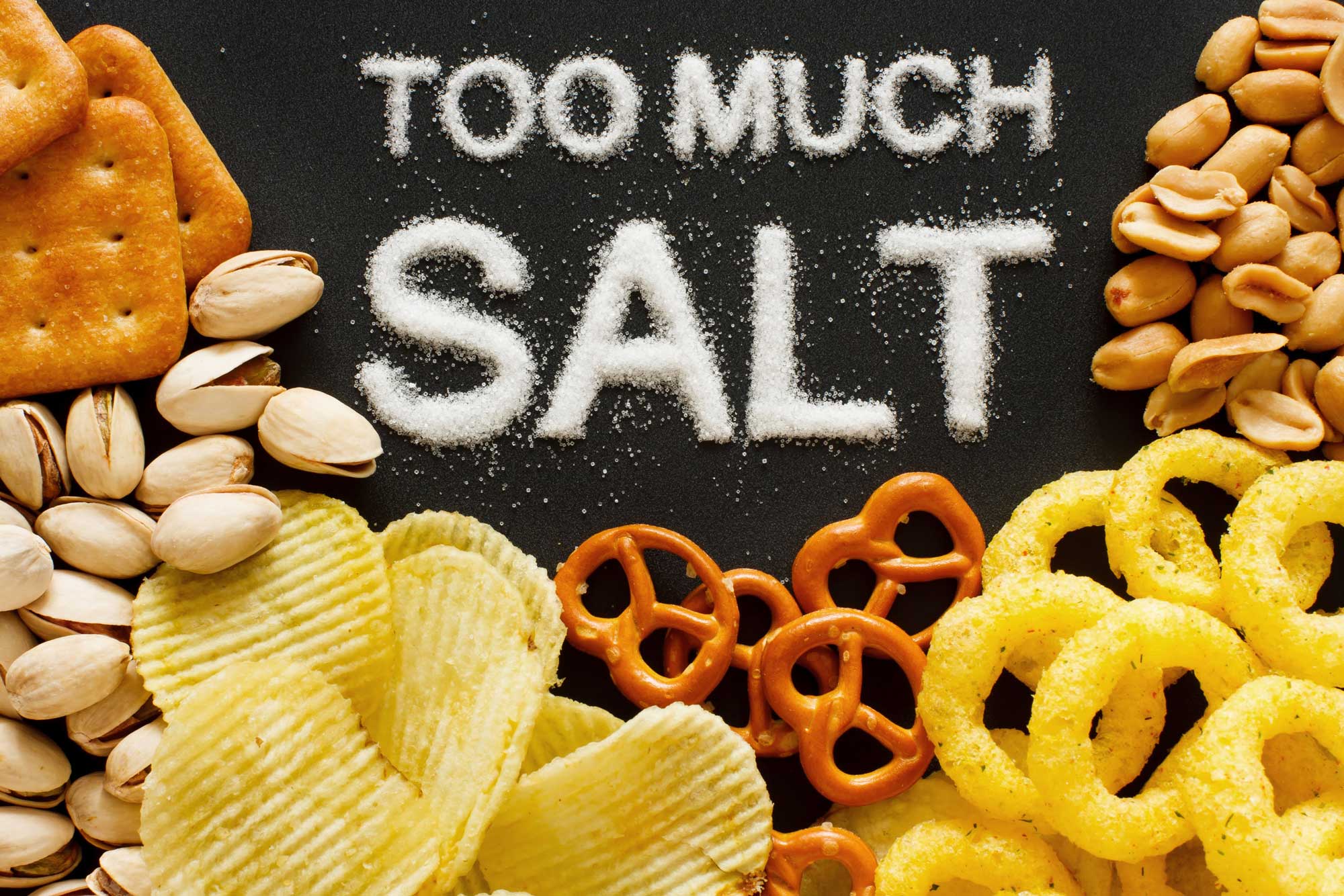
Nutrition and Eye Health: Foods That Benefit Your Vision
Welcome to an eye-opening exploration of the fascinating link between what you eat and the health of your eyes! Have you ever stopped to consider the impact of nutrition on your eye health? Just like the rest of your body, your eyes thrive on specific nutrients. Healthy eating plays a crucial role in preventing a range of eye diseases, as well as maintaining good vision.
In this article, we will delve into the realm of foods that can promote optimal eye health. Dietary supplements may not provide instant results, but they can help prevent eye problems over time.

Contents
The Role of Nutrition in Eye Health
It’s no secret that what we eat profoundly affects our overall well-being, including our eye health. Numerous scientific studies have established a strong connection between nutrition and the well-being of our eyes. Ensuring you consume the right nutrients becomes even more critical as lacking vitamins can impair your vision.
Vitamin A plays an indispensable role in maintaining the health of the retina. The retina, a light-sensitive tissue at the back of the eye, relies on vitamin A for optimal function. Insufficient intake of this crucial nutrient can lead to conditions like night blindness. Additionally, omega-3 fatty acids contribute significantly to visual development and retinal function.
Antioxidants like lutein and zeaxanthin offer incredible benefits for eye health. Blue light and oxidative stress can damage the macula due to their presence in high concentrations. Furthermore, zinc helps vitamin A reach the retina, which produces melanin, a protective pigment in the eyes.
It is possible to prevent vision deterioration by eating a healthy diet. To further expand your knowledge on these diseases, make sure to explore the wealth of articles available on this eye health website.
Top Foods for Eye Health
Eating healthy is equally crucial for our eyes as it is for our overall well-being. Without further ado, let’s explore the top ten foods that pack a nutritional punch for maintaining optimal eye health and vision.

Leafy Green Vegetables: Spinach, kale, and collard greens are essential powerhouses for eye health, packed with lutein and zeaxanthin. These nutrients protect the eyes from harmful light and promote good eye health.
Oily Fish: Rich in omega-3 fatty acids, fish like salmon, trout, and sardines support the health of the retina and play a vital role in visual development and maintaining proper eye function.
Citrus Fruits: Oranges, grapefruits, and lemons are bursting with vitamin C, a potent antioxidant that combats age-related eye damage and contributes to healthy blood vessels. Moreover, they help boost immunity, enhancing the body’s ability to fight free radicals.
Carrots: Carrots are rich in beta-carotene, a type of vitamin A that promotes smooth retinal function. Regular consumption of carrots can help prevent conditions like night blindness and dry eyes.
Nuts and Seeds: Almonds, flaxseeds, and chia seeds are excellent sources of vitamin E, an antioxidant that protects eye cells from free radical damage.
Bell Peppers: Colorful and delicious bell peppers are rich in both vitamin A and vitamin C, both of which are essential for good eye health and contribute to healthy blood vessels in the eyes.
Sweet Potatoes: Sweet potatoes are fantastic sources of beta-carotene and vitamin E, powerful antioxidants that promote eye health and help ward off eye diseases.
Blueberries: Bursting with antioxidants, blueberries contribute to maintaining eye health and protecting against age-related eye problems.
Broccoli: Broccoli is a nutritional powerhouse, containing vitamin C, beta-carotene, lutein, and zeaxanthin, all of which contribute to good eye health.
Eggs: Eggs are rich in lutein, zeaxanthin, vitamins C and E, and zinc, making them an excellent choice for maintaining optimal eye health.

Foods to Avoid for Optimal Eye Health
If you’re striving for optimal vision care, it’s essential to be mindful of the foods you should limit or avoid. While certain foods nourish and support your eyes, others may hinder their health. Here are some food groups to watch out for:
Sugary Foods and Drinks: Consuming excessive amounts of sugar can contribute to conditions like obesity and diabetes. These conditions, in turn, can increase the risk of eye problems such as cataracts and diabetic retinopathy. Limit your intake of sweets, soda, and sugary snacks.
Highly Processed Foods: Foods high in processed grains and sugars, such as white bread and pasta, can cause rapid spikes in blood sugar levels. Over time, these spikes can lead to diabetes, a significant risk factor for various eye diseases.
Trans Fats: Trans fats, often found in processed snacks and fast food, can raise the risk of developing macular degeneration. Choose foods that are rich in healthy fats, like avocados and nuts, instead.
Excessive Alcohol: While moderate alcohol consumption may not harm your vision, excessive drinking can lead to a condition known as toxic amblyopia or alcohol-related optic neuropathy, which can result in vision loss.
High Sodium Foods: A diet high in sodium can contribute to high blood pressure, which can strain the blood vessels in your eyes and potentially lead to vision loss.
Final Words
Take proactive steps to preserve your vision by incorporating these eye-healthy foods into your diet. Maintaining optimal eye health for years to come requires making healthier food choices. So why wait? Start enjoying these delicious and nutritious foods to support your vision care journey
Thank you so much for the valuable information. The only eye-health food I knew was carrots!
I have diabetes, and I have to be extra careful of my eyes. My doctor recommends wearing sunglasses every day.